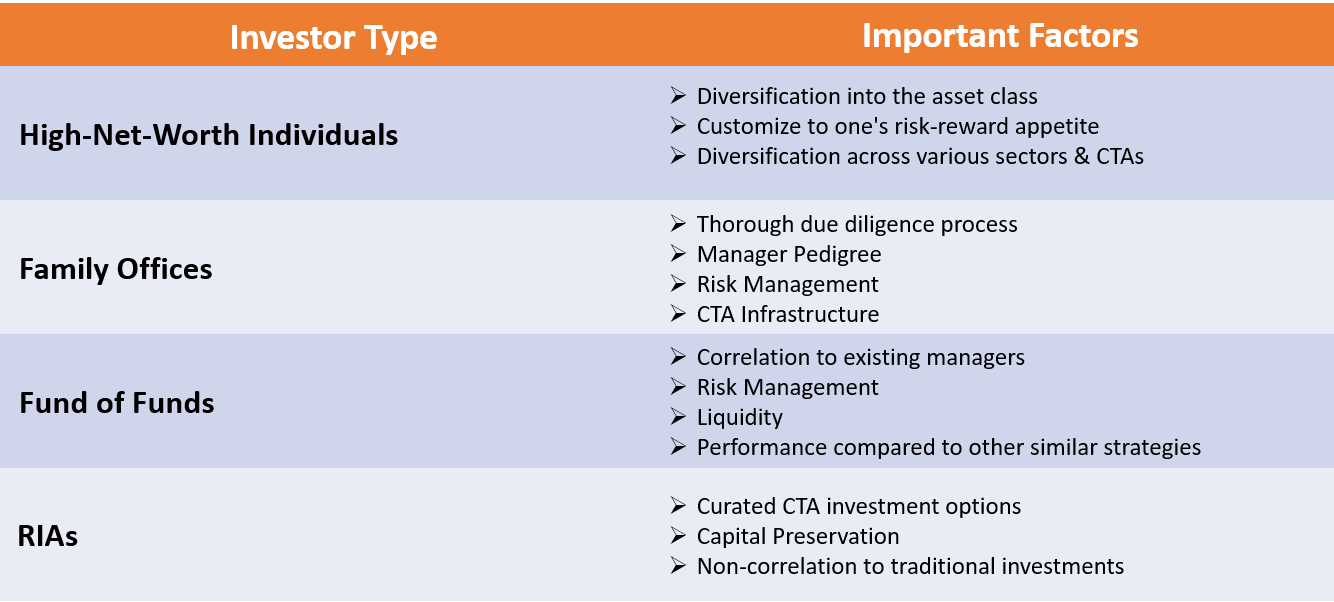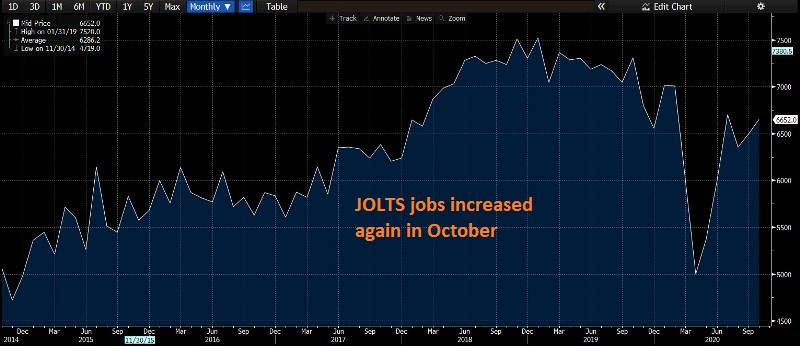
Forex liquidity is crucial for traders of all levels, whether they are novices or experienced. It is essential to understand the workings of forex markets in order to save time and money. Also, you'll want to learn how currency pairings affect liquidity. In particular, you'll want to know if your broker provides you with the highest level of liquidity.
Forex market liquidity is measured by how many currency pairs are traded at any given time. It's important to also consider the time of the day that you trade. This is important because some markets are thinner than others. Traders may also be able to look at volume indicators on their trading platform. This can give them an idea of how efficient the market is.
A high volume in forex market trading is often a good indicator of liquidity. Liquidity can also impact order execution, spreads as well as bid-offer spreads. This is particularly true for larger currency pairs. You will likely receive a requote or price gap if your broker does not have sufficient liquidity to fulfill your order.

There are two types principally of forex liquidity. High liquidity refers only to the most liquid currency pairs like the EUR/USD. Low liquidity refers currency pairs that are less liquid, such as GBP/JPY. Low liquidity on the Forex market can result in price gaps when market moving events occur, such a central banking announcement.
Forex market operates 24 hours a day, so there are both periods of high liquidity or low liquidity. Lower trading hours lead to fewer participants. This is especially true for exotic currency pairs.
High liquidity markets are easier to trade because there is less time between orders being executed. This makes the Forex market a great place to trade, especially for the beginner trader. But liquidity in Forex markets does not necessarily translate into liquidity in real life. Also, leverage can increase the risk of your trades. While leverage can be a great tool to increase your trading profits it can also come with risks if you use it incorrectly.
You have two options for liquidity indicators to choose from: tick volume indicator or volume bar. Because they can be applied to any price feed, tick volume indicators are very useful. The volume bar gives you an idea of how liquid a particular currency pair is, but these indicators are less useful if you're using a small broker's platform.

The volume bar is the best indicator of the Forex market's liquidity, as it gives you a sense of the amount of volume that was traded in a particular time frame. It's a good idea for beginners to trade with the most liquid currency pairs. This will increase the likelihood of you achieving a reward/risk ratio.
Other indicators of liquidity in the Forex market include the Force Index. The Force Index offers an indirect view at Forex liquidity. Although not as precise and reliable as the tick volumes indicator, the Force Index is a useful indicator of the market's liquidity.
FAQ
What is a mutual funds?
Mutual funds are pools of money invested in securities. Mutual funds offer diversification and allow for all types investments to be represented. This helps to reduce risk.
Professional managers manage mutual funds and make investment decisions. Some funds permit investors to manage the portfolios they own.
Mutual funds are often preferred over individual stocks as they are easier to comprehend and less risky.
Why is it important to have marketable securities?
The main purpose of an investment company is to provide investors with income from investments. It does this by investing its assets into various financial instruments like stocks, bonds, or other securities. These securities are attractive to investors because of their unique characteristics. They are considered safe because they are backed 100% by the issuer's faith and credit, they pay dividends or interest, offer growth potential, or they have tax advantages.
A security's "marketability" is its most important attribute. This is the ease at which the security can traded on the stock trade. It is not possible to buy or sell securities that are not marketable. You must obtain them through a broker who charges you a commission.
Marketable securities are government and corporate bonds, preferred stock, common stocks and convertible debentures.
These securities are often invested by investment companies because they have higher profits than investing in more risky securities, such as shares (equities).
What is the difference between non-marketable and marketable securities?
The differences between non-marketable and marketable securities include lower liquidity, trading volumes, higher transaction costs, and lower trading volume. Marketable securities can be traded on exchanges. They have more liquidity and trade volume. Marketable securities also have better price discovery because they can trade at any time. However, there are some exceptions to the rule. For instance, mutual funds may not be traded on public markets because they are only accessible to institutional investors.
Marketable securities are less risky than those that are not marketable. They have lower yields and need higher initial capital deposits. Marketable securities are typically safer and easier to handle than nonmarketable ones.
A bond issued by large corporations has a higher likelihood of being repaid than one issued by small businesses. The reason for this is that the former might have a strong balance, while those issued by smaller businesses may not.
Because of the potential for higher portfolio returns, investors prefer to own marketable securities.
Statistics
- "If all of your money's in one stock, you could potentially lose 50% of it overnight," Moore says. (nerdwallet.com)
- Ratchet down that 10% if you don't yet have a healthy emergency fund and 10% to 15% of your income funneled into a retirement savings account. (nerdwallet.com)
- Our focus on Main Street investors reflects the fact that American households own $38 trillion worth of equities, more than 59 percent of the U.S. equity market either directly or indirectly through mutual funds, retirement accounts, and other investments. (sec.gov)
- Individuals with very limited financial experience are either terrified by horror stories of average investors losing 50% of their portfolio value or are beguiled by "hot tips" that bear the promise of huge rewards but seldom pay off. (investopedia.com)
External Links
How To
How can I invest into bonds?
An investment fund, also known as a bond, is required to be purchased. While the interest rates are not high, they return your money at regular intervals. This way, you make money from them over time.
There are many ways to invest in bonds.
-
Directly buy individual bonds
-
Buy shares from a bond-fund fund
-
Investing through an investment bank or broker
-
Investing through an institution of finance
-
Investing through a pension plan.
-
Directly invest through a stockbroker
-
Investing through a mutual fund.
-
Investing via a unit trust
-
Investing through a life insurance policy.
-
Investing in a private capital fund
-
Investing in an index-linked investment fund
-
Investing through a hedge fund.